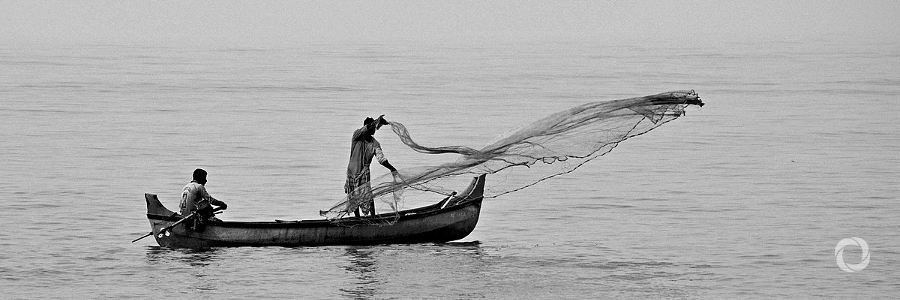Representatives from across the North and South Pacific gathered on Monday (June 18) to witness the launch of the first-ever Pacific Regional Food Security Atlas on the opening day of the Pacific Seed Forum in Nadi, Fiji.
In a region highly prone to natural disasters, accurate and up-to-date data will support informed decisions by affected member countries and communities to prepare for and respond more effectively to a crisis or disaster.
The Pacific Regional Food Security Atlas is a joint product developed by the Pacific Community (SPC) and the United Nations World Food Programme (WFP), funded by the Australian Government. Divided into nine sections, the Atlas provides information on regional population growth rates, particularly focusing on the significant urbanization and high population densities that have had a marked impact on available resources in the Pacific. High urbanization rates have also led to a growing cash economy and changes in family diets from traditional root crops to more imported processed foods.
The Atlas aims to address a data gap by providing local decision-makers with the baseline information they need to improve the food security and nutritional status of vulnerable and crisis-affected communities across the Pacific.
SPC’s Deputy Director General, Audrey Aumua said: “The 2018 Pacific Regional Food Security Atlas is the first of its kind for the Pacific and will improve our understanding of the core issues and risks that affect food security, poverty, and vulnerability across the Pacific. The Atlas will provide a solid basis for putting into action an ambitious and comprehensive National Food and Nutrition Security and Adaptation Plan.”
Aside from analysing factors such as poverty rates, obesity, livelihood trends, cyclone and El Niño risks, the Atlas highlights cross-cutting issues like gender in order to better reflect the different realities faced by women, men, boys and girls in accessing food and nutrition. This information is designed to help governments and development partners tailor effective, targeted solutions that will benefit every person, especially the most vulnerable.
WFP Pacific’s Head of Office, Peter French said, “The Atlas is a significant contribution to the work that is underway at regional and national level bringing stakeholders a step closer in meeting their Sustainable Development Goals (SDGs), particularly SDG 2 which focuses on ending hunger, achieving food security and improved nutrition and promoting sustainable agriculture.”
Original source: SPC
Published on 21 June 2018

